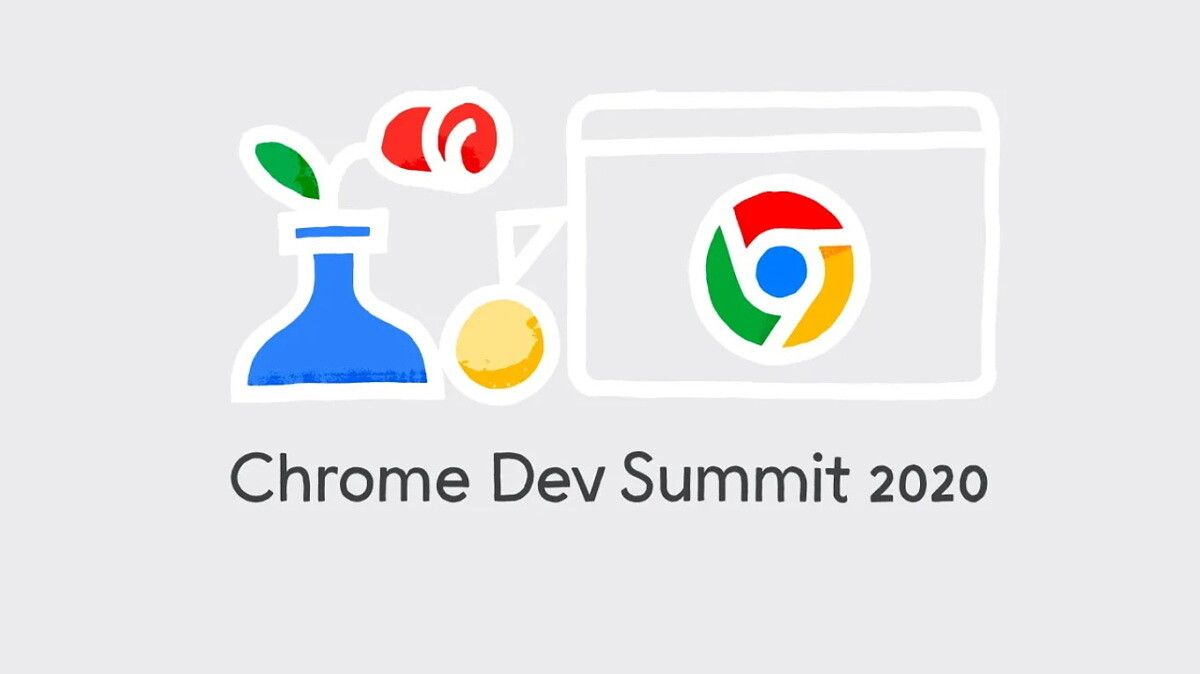Google is hosting the Chrome Dev Summit 2020, detailing the changes coming to the internet browser of choice for the vast majority of users on the planet. Google's vision for Chrome is to make it a secure, powerful, and fast vehicle for accessing the internet. This article brings together some of the bits and pieces involved in this vision for the next year for the most popular web browser.
Privacy
Back in 2019, Google announced Privacy Sandbox, an initiative to develop a set of open standards that aims to improve privacy on the web. The work continues, as Google marches towards building new privacy-preserving alternatives to third-party cookies and other cross-site tracking mechanisms. To this end, the Client Hints API was the first step to reduce User-Agent string granularity, and there's more to come.
Two new solutions coming to Chrome stable releases are the Click Conversion Measurement API and the Trust Token APIs. The former measures ad conversions without using cross-site identifiers, while Trust Token helps convey trust from one context to another without passive tracking.
Manifest V3 is also making its way to Chrome, first in Beta and then in Stable branches, with updated submissions being allowed on the Chrome Web Store from January 19, 2021.
Features
A browser needs to empower the web, and Chrome plans to do just that with new capabilities coming to the web browser. Chrome 86 gave developers the ability to list their Progressive Web Apps (PWA) on the Play Store using Trusted Web Activity. And now, developers can start accepting payments using the new standardized Digital Goods API in Chrome 88.
Chrome and Performance
Google Chrome has been at the receiving end of several memes, often poking fun at the resource-heavy nature of the web browser. On this end, Google has made some key improvements to speed with Profile Guided Optimization & Tab throttling, revealed earlier this year.
Now, Google is announcing the reduction of the memory footprint with V8. V8 pointer compression helps with memory savings, and it also allows Google to completely eliminate parsing pauses by loading a web page's JavaScript files in parallel, so scripts can be parsed and compiled and ready to be executed as soon as they are needed by the page.
Moving on, Google announced the Web Vitals initiative earlier this year, presenting metrics that represent an ideal user experience. Google Search also announced that new signals to search ranking will include Core Web Vitals starting from May 2021. Clearly, Web Vitals are now an important facet of web page performance metrics.
Now, Google is announcing the Web Vitals Report, an open-source website, and tool that lets you query and visualizes Web Vitals metrics data in Google Analytics, letting web developers easily compare performance data across segments.
For the future, Gooogle will be looking to focus some more to remedy the struggle of building web interfaces. The company teased Houdini.how, a set of APIs that will make it easier to extend CSS.
This wraps up the overview of all the major announcements from Google Chrome Dev Summit 2020, held online this year. You can sign up for the wed.dev newsletter, and watch the sessions on the YouTube channel to get into more detail.

